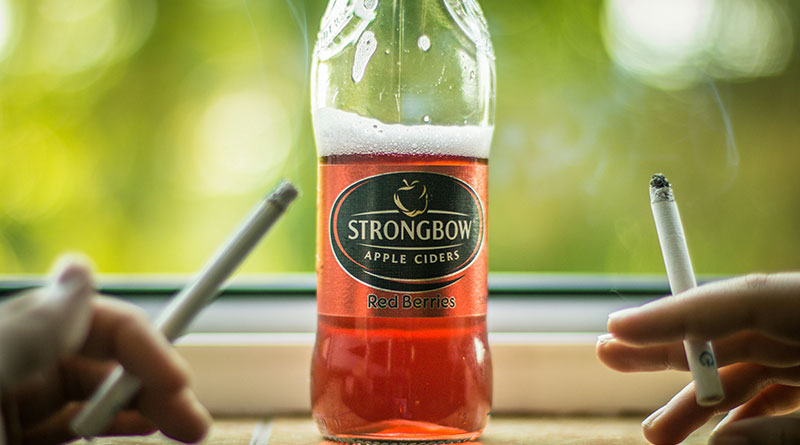Tobacco And Alcohol Tax Receipts Fall At Their Sharpest Rate In 20 Years

The latest analysis by finance experts, RIFT, has shown that the combined HMRC receipts received for both tobacco and alcohol duties declined at their sharpest annual rates in two decades last year.
With alcohol and tobacco duties having only trended upwards during the same period, the futures suggest that we’re drinking and smoking less. However, the £22.4bn paid in alcohol and tobacco duties during 2022/23 was still the second highest annual sum seen over the last 20 years.
RIFT analysed the latest data from HMRC on tobacco and alcohol receipts (December 2023) for the financial year 2022/23, how the tax paid on both has changed over the last 20 years, and how it compares to the cost incurred by the NHS for both smoking and drinking related healthcare issues.
The analysis shows that just over £10bn was taken in tobacco duties by HMRC in the 2022/23 financial year. While this was the second highest total seen over the last two decades with the exception of the previous year, it marked a -2.7% year on year reduction which was the third sharpest annual decline seen in 20 years.
During the same period (2022/23), £12.4bn was paid in alcohol duty, which again, was the highest total seen in the last 20 years other than 2021/2022. However, the -5.1% reduction on this previous 20 year high was the steepest annual decline seen in a single year over the last two decades.
As a result, a total of £22.4bn was paid in duty on alcohol and tobacco products last year and while substantial, the -4% year on year drop marked the largest annual reduction seen in the last two decades. It was also only the fourth year in the last 20 years that the combined duty paid on tobacco and alcohol has seen a reduction.
Interestingly, in 2003/04, tobacco duties accounted for 52% of the combined total paid in receipts to HMRC, while today, this balance has shifted, with alcohol now accounting for 55%.
Of course, neither smoking or drinking are good for our health and additional research by RIFT has estimated that healthcare costs associated with smoking cost the NHS an estimated £3.4bn a year.
It’s also thought that the cost associated with alcohol related healthcare issues cost the NHS £4.1bn per year.
Combined, that’s a cost of almost £7.5bn per year due to smoking and drinking related issues.
While substantial in its own right, it equates to a third of the total tax receipts received by HMRC on tobacco and alcohol duties during the 2022/23 financial year, highlighting just how much is made on the sale of both products.
Bradley Post, MD of RIFT, commented: “Smoking and drinking alcohol are two of the main vices that many of us look to abstain from in January as we look to start the new year on a positive note. However, it certainly seems as though more of us have chosen to do so over the last year, with tax receipts on both falling at their sharpest rate in 20 years, despite the duty charged having only increased, even with some adjustments and intermittent freezes.
This reduction is certainly a positive when you consider the cost incurred by the NHS as a result of smoking and drinking related issues. That said, both tobacco and alcohol receipts still remain at their second highest levels in the last two decades, pulling in around three times the estimated cost to the health service.
Of course, another important caveat to note is the rise of e-cigarettes, which aren’t currently subject to the same duties as tobacco products, although this could be soon to change. As a relatively new phenomenon, it’s not yet known just how many people are opting to vape, or what effect this will have on the NHS in the coming years.”
